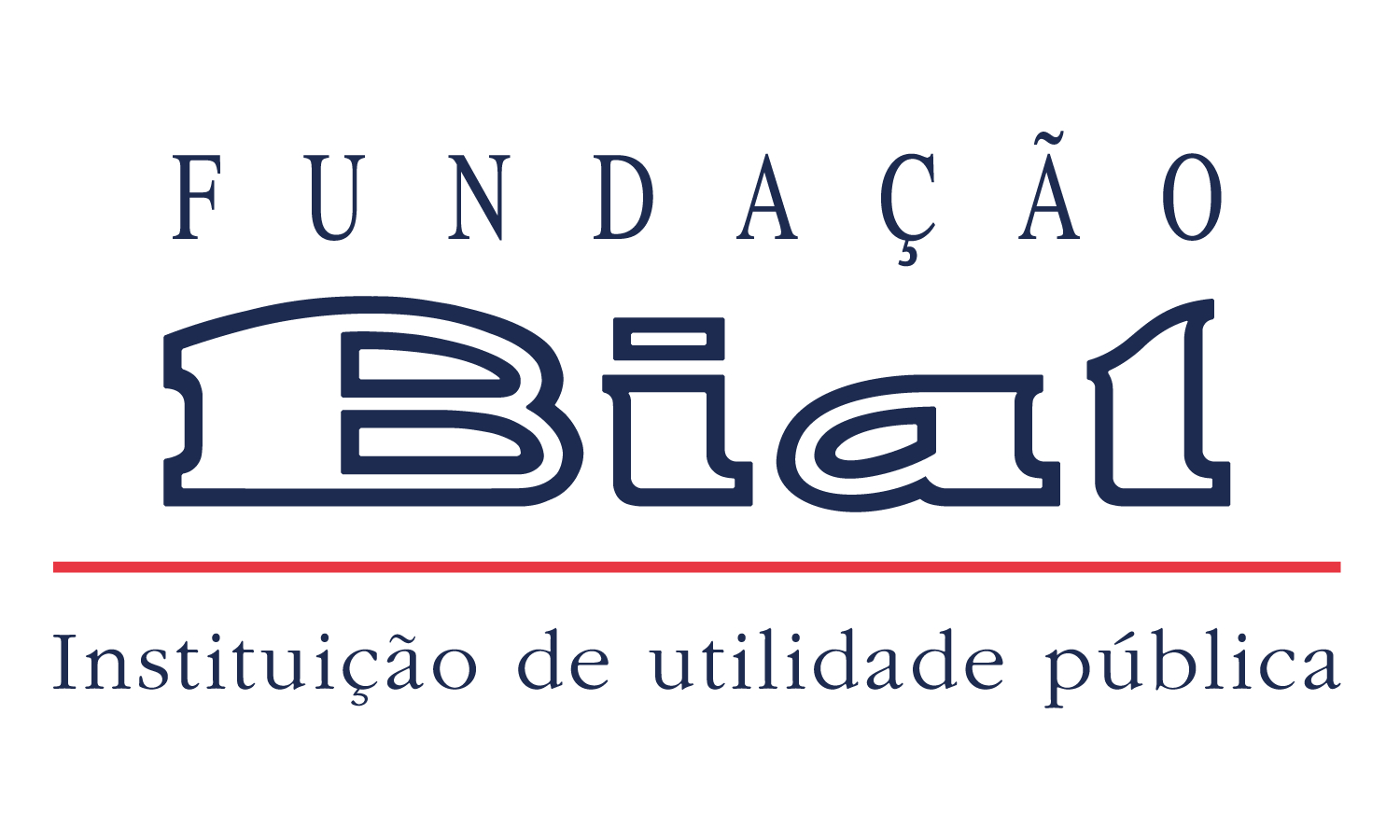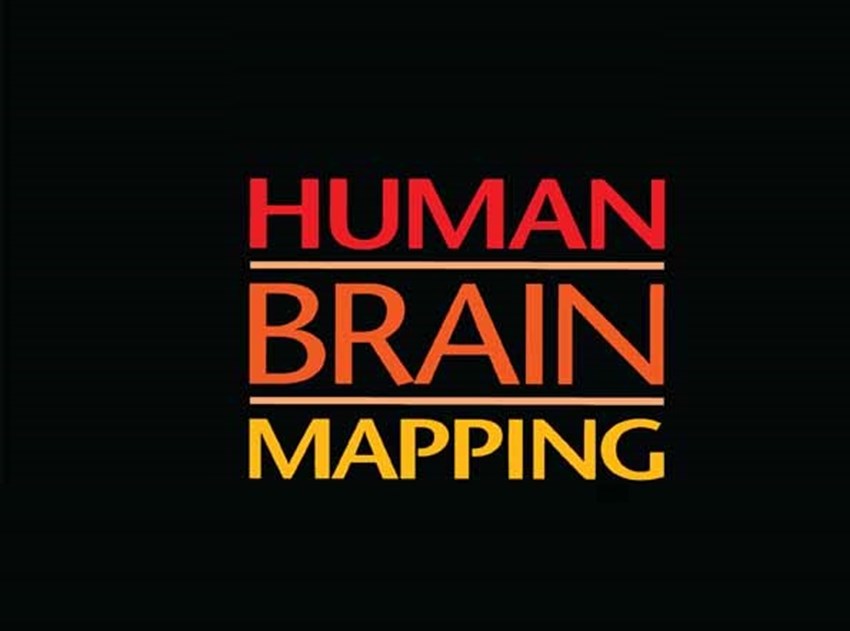No âmbito do projeto de investigação 238/16 - When prediction errs: Examining the brain dynamics of altered saliency in self-voice perception, financiado pela Fundação BIAL, a equipa de investigação, liderada por Ana Patrícia Pinheiro e Sonja Kotz, publicou o artigo The role of the cerebellum in adaptation: ALE meta‐analyses on sensory feedback error na revista Human Brain Mapping.
“It is widely accepted that unexpected sensory consequences of self-action engage the cerebellum. However, we currently lack consensus on where in the cerebellum, we find fine-grained differentiation to unexpected sensory feedback. This may result from methodological diversity in task-based human neuroimaging studies that experimentally alter the quality of self-generated sensory feedback. We gathered existing studies that manipulated sensory feedback using a variety of methodological approaches and performed activation likelihood estimation (ALE) meta-analyses. Only half of these studies reported cerebellar activation with considerable variation in spatial location. Consequently, ALE analyses did not reveal significantly increased likelihood of activation in the cerebellum despite the broad scientific consensus of the cerebellum's involvement. In light of the high degree of methodological variability in published studies, we tested for statistical dependence between methodological factors that varied across the published studies. Experiments that elicited an adaptive response to continuously altered sensory feedback more frequently reported activation in the cerebellum than those experiments that did not induce adaptation. These findings may explain the surprisingly low rate of significant cerebellar activation across brain imaging studies investigating unexpected sensory feedback. Furthermore, limitations of functional magnetic resonance imaging to probe the cerebellum could play a role as climbing fiber activity associated with feedback error processing may not be captured by it. We provide methodological recommendations that may guide future studies.”

































































































